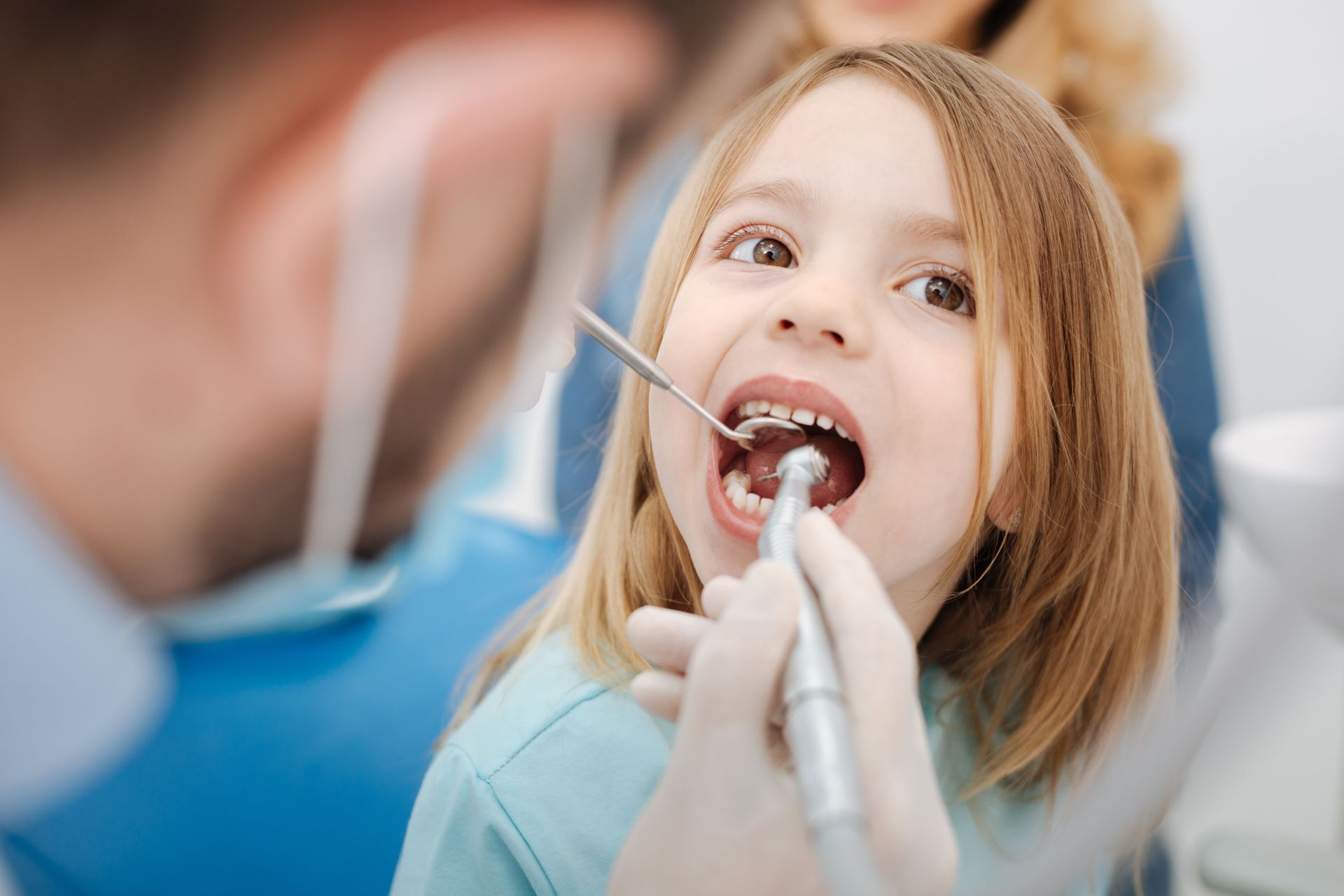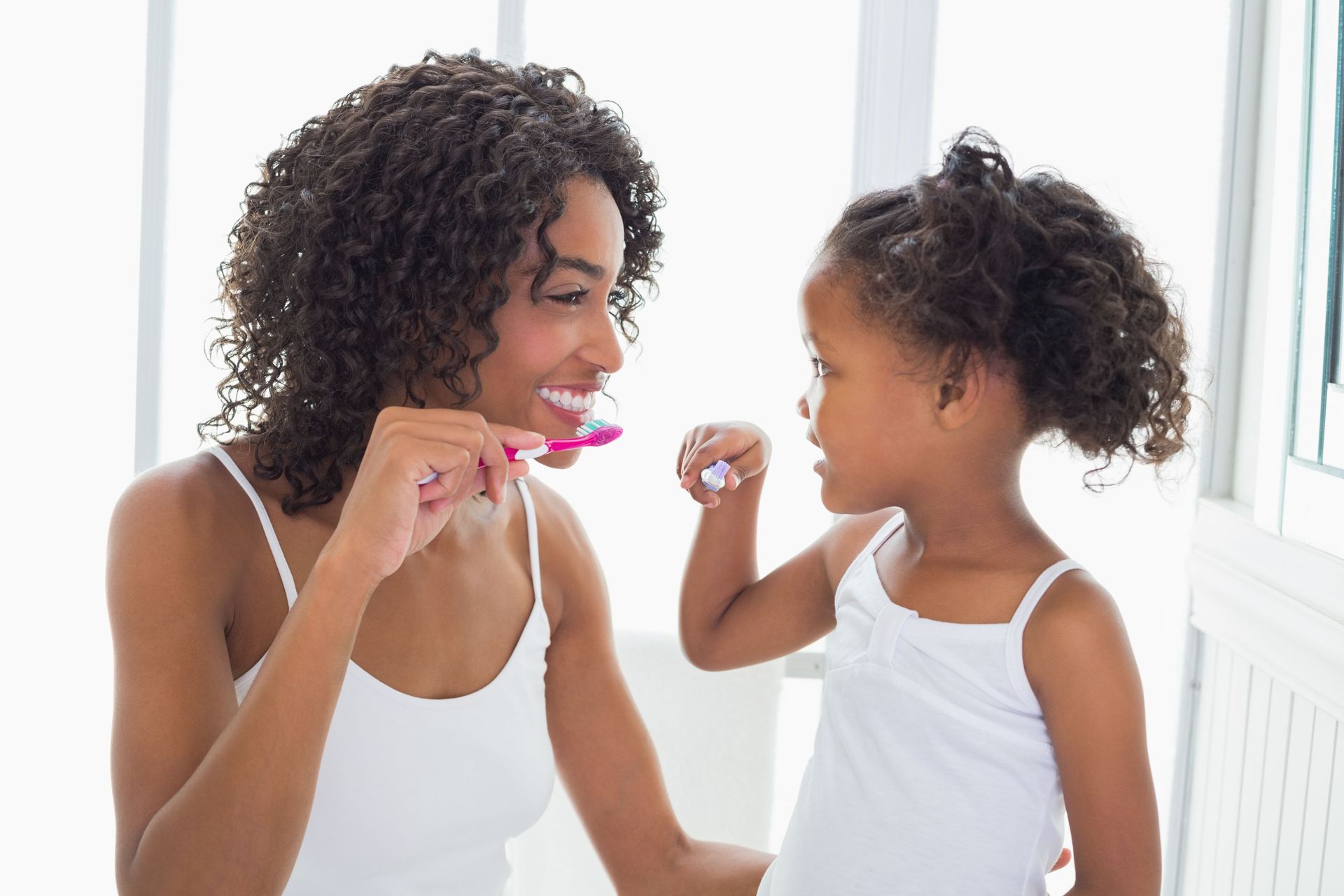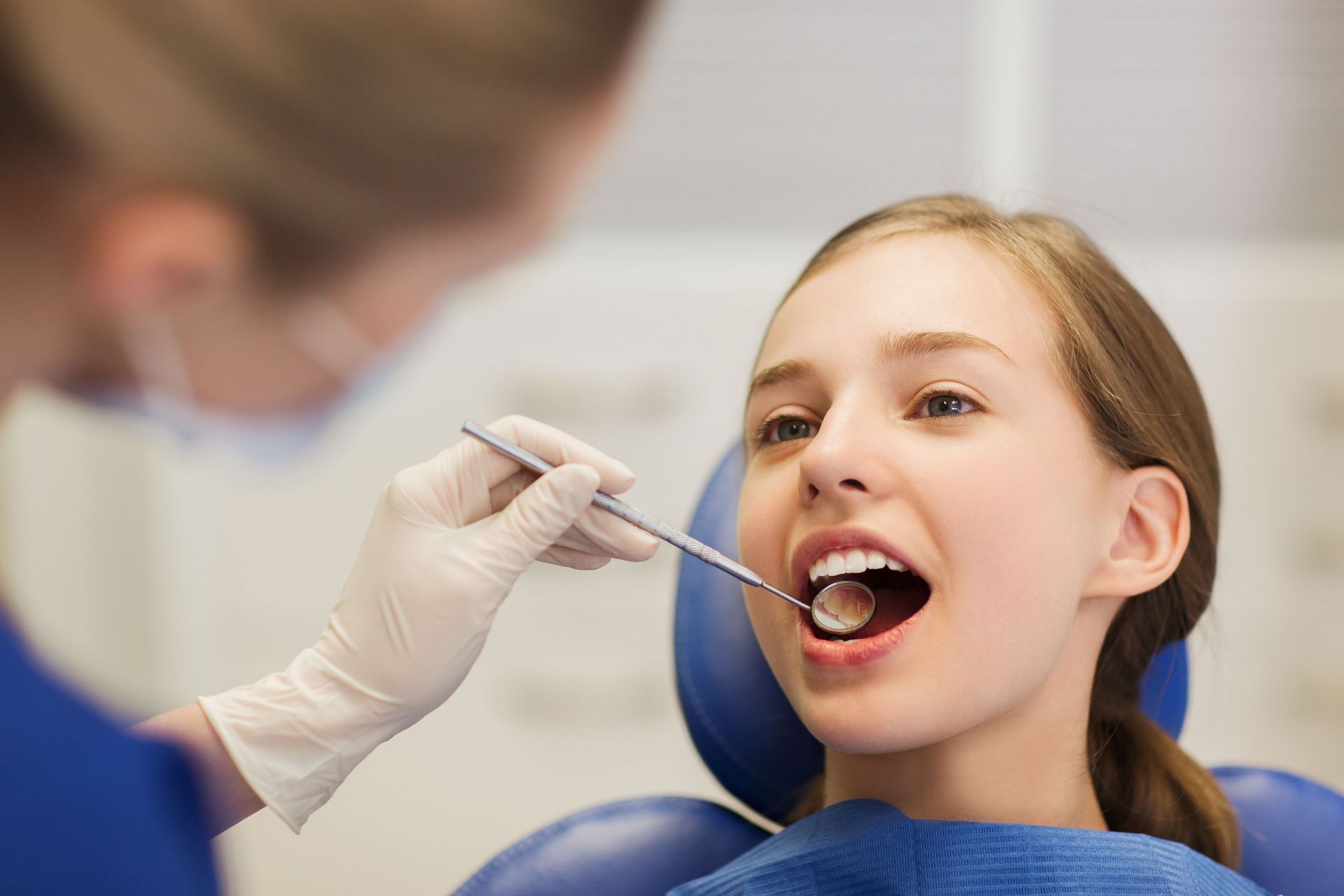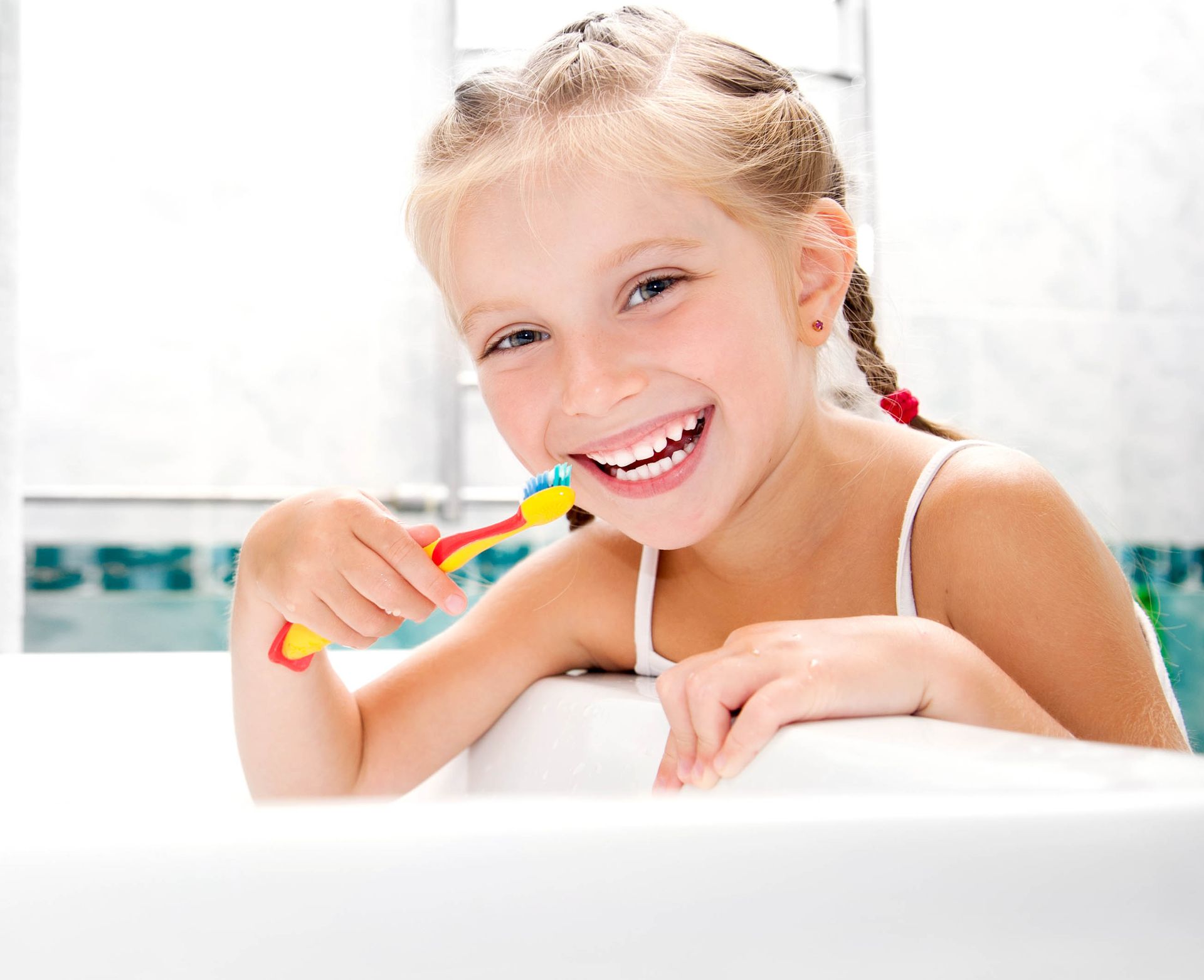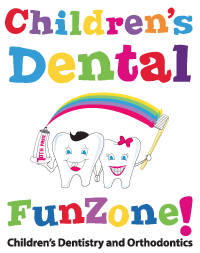Caring for Your Child’s Teeth Through Every Stage of Growth
Dental care is a crucial component of overall health that must be prioritized from infancy through adolescence. Though often overlooked, pediatric dental health is foundational in ensuring lifelong well-being. Statistics highlight that cavities are the most common chronic disease of childhood, more prevalent than asthma or allergies. Moreover, early intervention and preventative care can dramatically reduce the risk of oral diseases, minimize costly dental procedures, and instill healthy habits. Investing in dental care with pediatric dentists at a young age is not merely about maintaining a bright smile; it's about building a strong foundation for physical health and self-esteem that can last a lifetime.
Learning Infant Dental Care Practices
Cleaning Gums Before Teething
Even before the first tooth erupts, it's important to clean your infant's gums after feedings. This can be done with a soft, moist gauze pad or a clean, wet cloth. Regular gum cleaning can help remove bacteria and sugar from milk or formula, preventing potential oral health issues later. Establishing this routine early helps your baby get accustomed to oral hygiene practices. Such actions act as an essential stepping stone towards developing good dental health habits.
Recognizing Teething Symptoms
Teething is a critical milestone in a child’s life and can begin as early as six months of age. Common symptoms include increased drooling, gum swelling, irritability, and the desire to chew on hard objects. Recognizing these signs allows parents to provide comfort and appropriate teething aids, like cold washcloths or teething rings. It is also a good time to introduce gentle gum massages to soothe their discomfort. Understanding and managing teething symptoms can ease the transition into better oral habits.
Visiting Dentists for the First Time
The American Dental Association recommends scheduling a child’s first dental visit by their first birthday or within six months after their first tooth appears. Early dental visits with pediatric dentists serve as an educational opportunity for parents to learn proper cleaning techniques and dietary practices. Dentists can assess any potential oral health issues and provide tips to prevent future complications. This initial visit sets the stage for regular check-ups, fostering a familiarity with dental routines for both the child and the parents. Establishing a dental home early validates the importance of oral health care within the family setting.
Preventing Baby Bottle Tooth Decay
Prolonged exposure to sugary liquids from bottles can lead to baby bottle tooth decay, a common issue among infants. To prevent this, avoid putting a child to bed with a bottle filled with milk, formula, juice, or any sweetened beverages. Encouraging the use of a pacifier instead, if needed, can reduce the risk of decay. As a part of daily hygiene, practice wiping the baby's gums after each feeding. Educating caregivers on these preventive steps is crucial in safeguarding the infant’s future dental health.
Choosing the Right Teething Toys
Furthermore, teething toys can be essential in easing the discomfort associated with teething. Choosing age-appropriate, safe teething toys made from non-toxic materials is crucial. Toys should be designed to reach all areas of a baby’s gums, offering relief from the pressure and sore sensation. Make sure to clean and sanitize teething toys regularly to maintain hygiene. Using appropriate teething toys can help develop a child’s grasp while promoting oral health habits.
Practicing Toddler Oral Hygiene Habits
Starting Early With Toothbrushes
Firstly, introducing a toothbrush to toddlers is an exciting step in their oral care journey. Starting with a soft-bristled toothbrush, aligning with the child's age ensures safe and effective cleaning. According to HealthyChildren.org, you should try to brush your child's teeth twice per day, usually before breakfast and after dinner. This consistency helps to eliminate plaque build-up and foster good habits. When parents participate actively, it becomes a cooperative, educational, and fun activity for the child.
Selecting Age-Appropriate Toothpaste
Additionally, toothpaste selection is vital in establishing safe oral hygiene practices. Fluoride toothpaste is recommended in small, pea-sized amounts for toddlers over two years. For children under two, a smear of non-fluoride toothpaste or water can be sufficient for gentle cleaning. Parents should monitor the amount of toothpaste used to minimize the risks associated with excessive fluoride ingestion. Understanding and choosing a suitable toothpaste can positively impact a child's dental health development.
Managing Pacifier Use and Oral Health
While pacifiers provide comfort and relief, excessive use can impact a toddler’s oral structure. Prolonged use influences the development of tooth alignment and can lead to malformation of the palate. Gradual weaning off pacifiers by age three is recommended to avoid these issues. Parents can replace comfort objects or enhance soothing techniques to facilitate this transition. Balancing pacifier use carefully contributes to maintaining optimal oral health.
Establishing a Dental Hygiene Routine
Consistency is key in forming effective dental hygiene habits. A structured routine, like seeing pediatric dentists regularly, incorporating brushing twice daily, and flossing when the teeth touch, can prove invaluable. Incorporating fun activities like brushing songs or creative storytelling makes the routine engaging. Parents acting as role models by practicing their dental hygiene openly reinforce these practices. Establishing a routine emphasizes the significance of dedication to dental care from an early age.
Teaching Independence for Preschoolers
Guiding Proper Brushing Technique
As preschoolers gain dexterity, they can start learning to brush their teeth more independently. Parents should guide them in achieving the correct technique recommended by their pediatric dentists, including reaching all areas of the mouth. Circular motions along the gums and molars, coupled with thorough rinsing, form the foundation of effective brushing. Encouraging preschoolers to take charge while under supervision boosts their confidence and adherence to dental hygiene. Cultivating self-sufficiency in oral care is a lifelong benefit for children.
Encouraging Brushing With Fun Tools
Incorporating fun and engaging tools into dental routines can enhance preschoolers' willingness to brush. An array of colorful, electric toothbrushes with favorite characters can make the process exciting. Musical timers and interactive apps offer reminders and track the duration of brushing, providing positive reinforcement. Parents can also incentivize completion of brushing routines with reward charts. Combining these creative techniques transforms brushing into a playful, enjoyable activity.
Supporting Oral Health With Fluoride Treatments
Fluoride is essential in supporting the development of strong, healthy teeth in children. Professional fluoride treatments from pediatric dentists are commonly recommended every six months during dental checkups, in our experience. These treatments offer additional protection against cavities by reinforcing tooth enamel. Parents should also ensure the use of a fluoride-enriched toothpaste, as it aids in cavity prevention. Understanding the significance of fluoride enriches parents' approach towards a balanced oral care strategy.
Addressing Fears and Anxiety Around Dental Visits
Dental anxiety is a common barrier to regular checkups from pediatric dentists among preschoolers. Establishing a positive and reassuring environment around dental visits is crucial in alleviating these fears. Books, storytelling, and role-playing activities about dental appointments can help dismantle anxiety. Parents should choose a child-friendly dentist equipped to handle first-time visits with patience and care. Creating an encouraging atmosphere is vital in fostering a lifelong positive perception of dental care.
Caring for a child's teeth through every stage of growth is pivotal to fostering overall health and well-being. Emphasizing early preventive measures, regular dental visits, and positive lifestyle choices equips families to nurture strong, healthy smiles. Contact Children's Dental FunZone today to schedule an appointment with one of our pediatric dentists.
